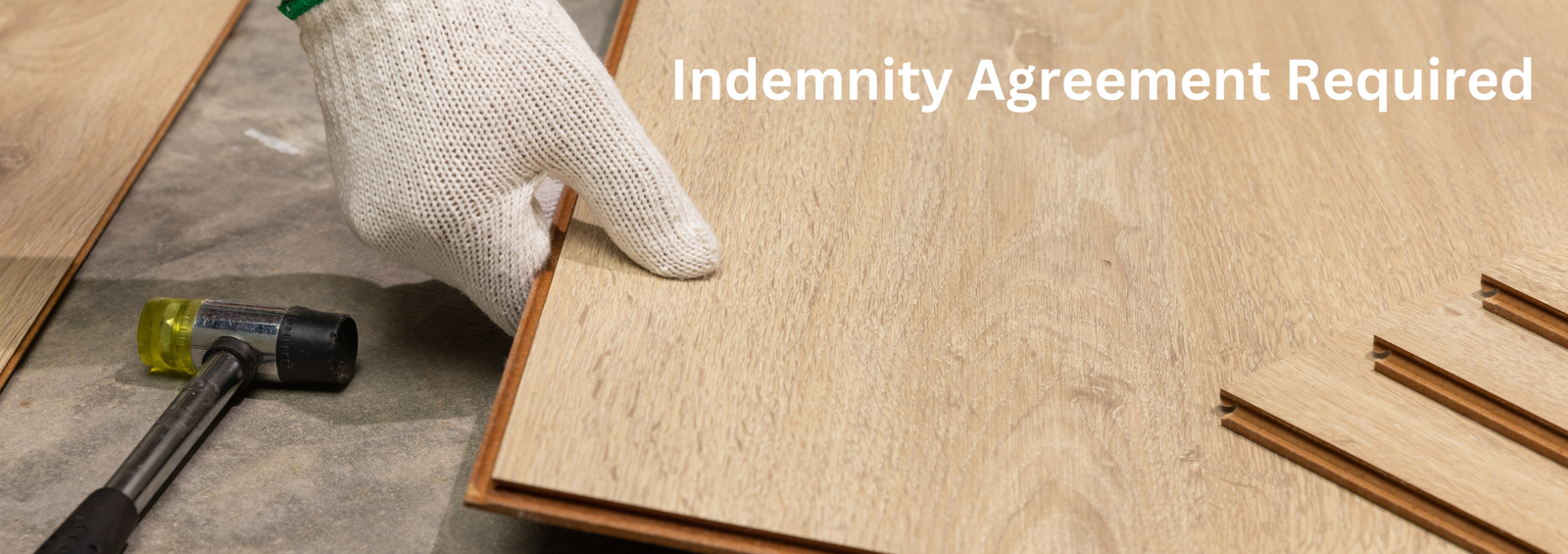
When considering to buy a condo that is fully renovated, you will want to ensure all the improvements (renovations) are done with required permits and authorization.
Be sure to include proof of such by including a subject clause that requires proof.
This proof should come by way of an indemnity agreement. Any indemnity agreement will identify the work that has been done and approved by the strata corporation along with any liability and responsibilities the current or future owners might have.
If you buy a condo and are considering doing a renovation, make sure you read the bylaws.
These will give you direction and insight to what is expected. Be careful if you will require structural work, changes to common property, plumbing, windows and doors and electrical.
Flooring is a hot topic as more and more, people are concerned with noise of hardwood or tile and many building have restrictions to these types of flooring. Be prepared that you will likely need a high level, sound proof underlay. Also, get consent to make an addition, alteration or improvement to their unit.
Examples of such improvements include, among other things, installing new flooring within the unit, installing a kitchen sink, adding onto exterior exclusive use areas such as upgrading patios. If such renovations are approved, the Condominium Corporation must enter into a Section 98 Agreement, mandated by the Condominium Act, 1998 (the “Act”).
A Section 98 Agreement, also known as an “indemnity agreement” or an “alteration agreement”, is required in all situations where a unit owner proposes to make an addition, alteration or improvement (collectively, the “Improvement”) to the common elements of a condominium.
Condominium Corporations must exercise caution to ensure compliance with the Act. A Section 98 Agreement sets out the obligations of the unit owner and the Condominium Corporation with respect to the proposed Improvement and is registered on title to the unit prior to the unit owner commencing construction. The Act allows a unit owner to make an Improvement to the common elements only if:
- the Condominium’s board has first approved the proposed Improvement (i.e. by resolution in writing at a regularly scheduled board meeting);
- the unit owner and the Condominium Corporation have entered into a written agreement (the Section 98 Agreement); and
- the Condominium board is satisfied that the proposed Improvement will not have an adverse effect on units owned by other owners, will not give rise to any additional expense to the Condominium Corporation, will not detract from the appearance of the property, will not affect the structural integrity of the property and will not contravene the Condominium’s declaration.
- allocate the cost of the proposed Improvement between the Condominium Corporation and the unit owner;
- set out the duties and responsibilities for each party, including the responsibilities and cost for repair after damage, maintenance and insurance; and
- set out any additional matters required under the Act.